Wellbeing
RRRR, PBL, Dogs Connect - Lulu,

Wellbeing
RRRR, PBL, Dogs Connect - Lulu,
At St Brigid’s, we implement the Resilience, Rights, and Respectful Relationships program to explicitly teach social and emotional well-being. This program also serves as our Tier 1 intervention, supporting every student's mental well-being.
This term, all students from Foundation to Year 6 have been engaging with Topic 1, which focuses on developing emotional literacy and self-awareness. Through a range of activities, discussions, and role-plays, students have practiced:
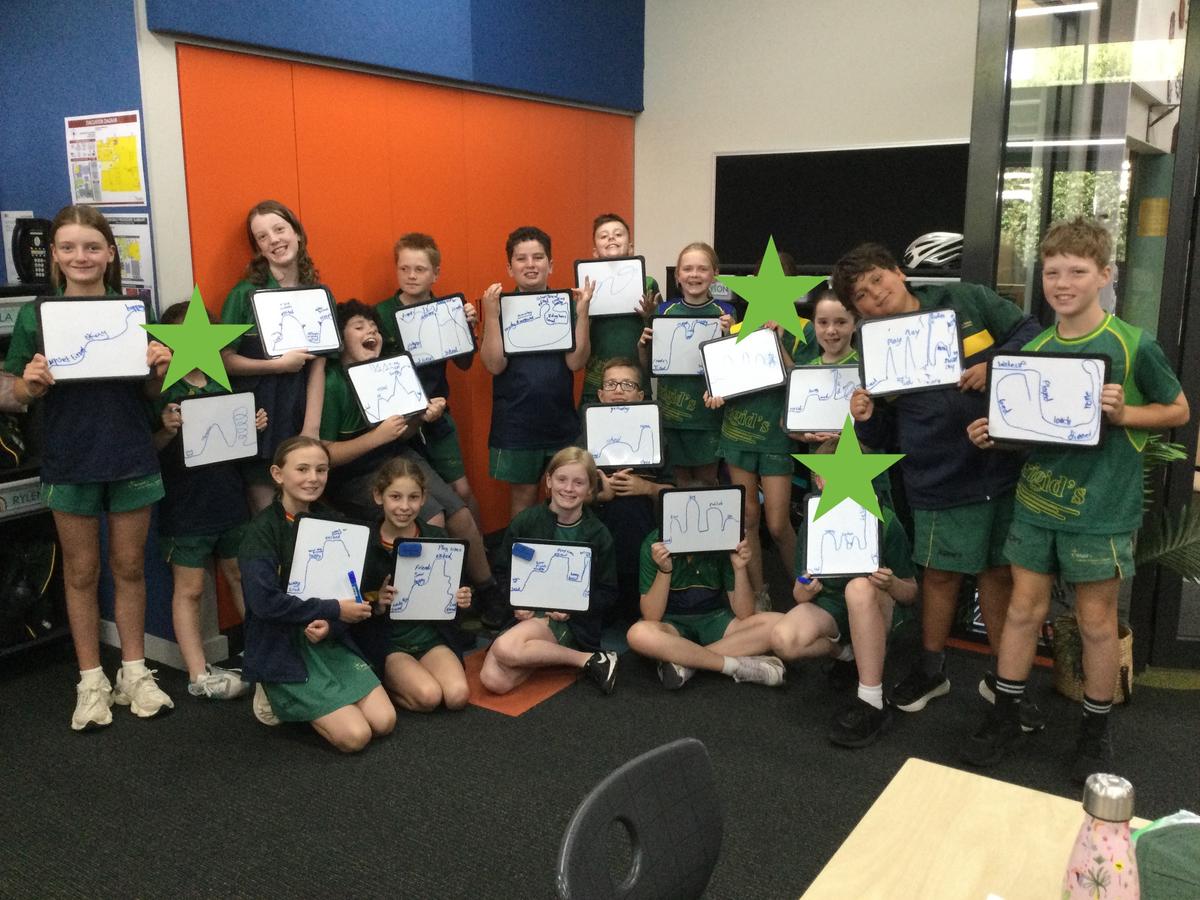
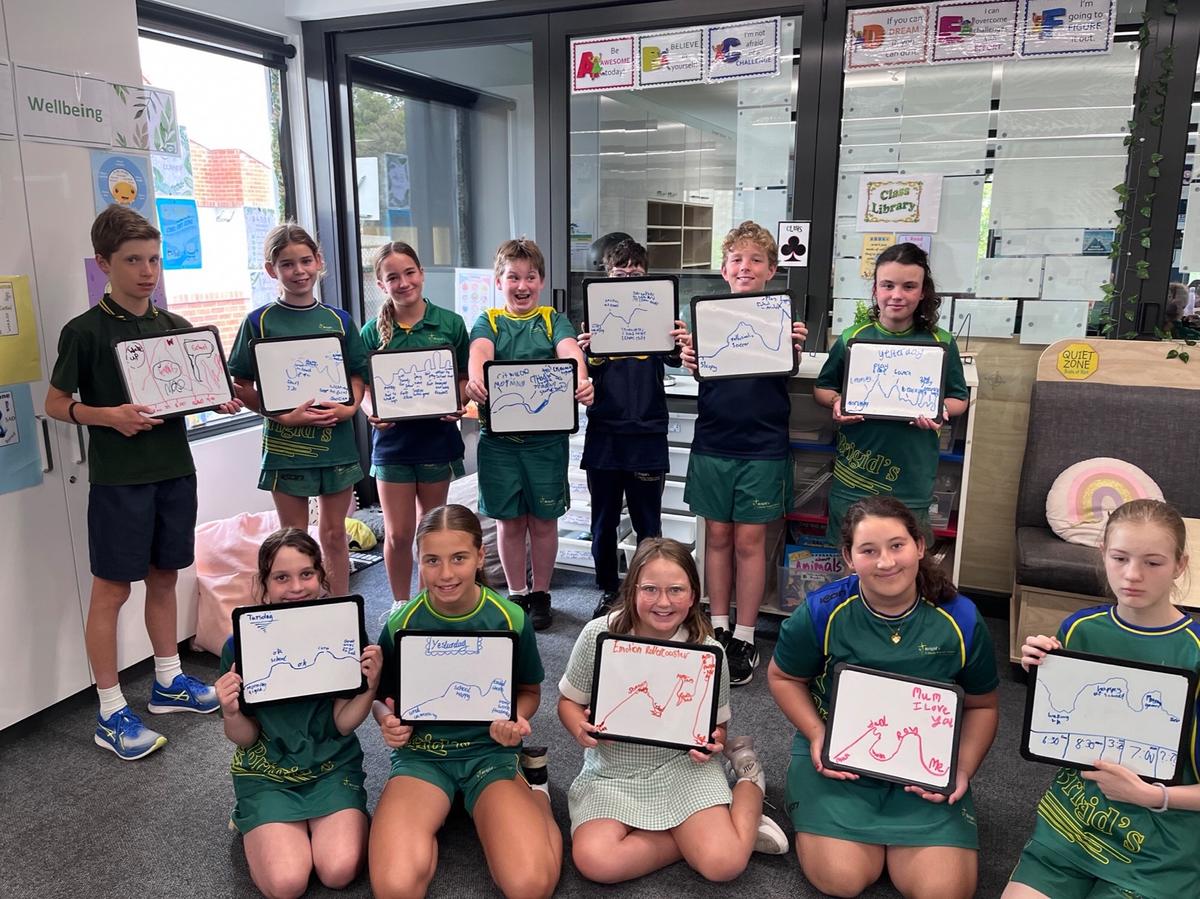
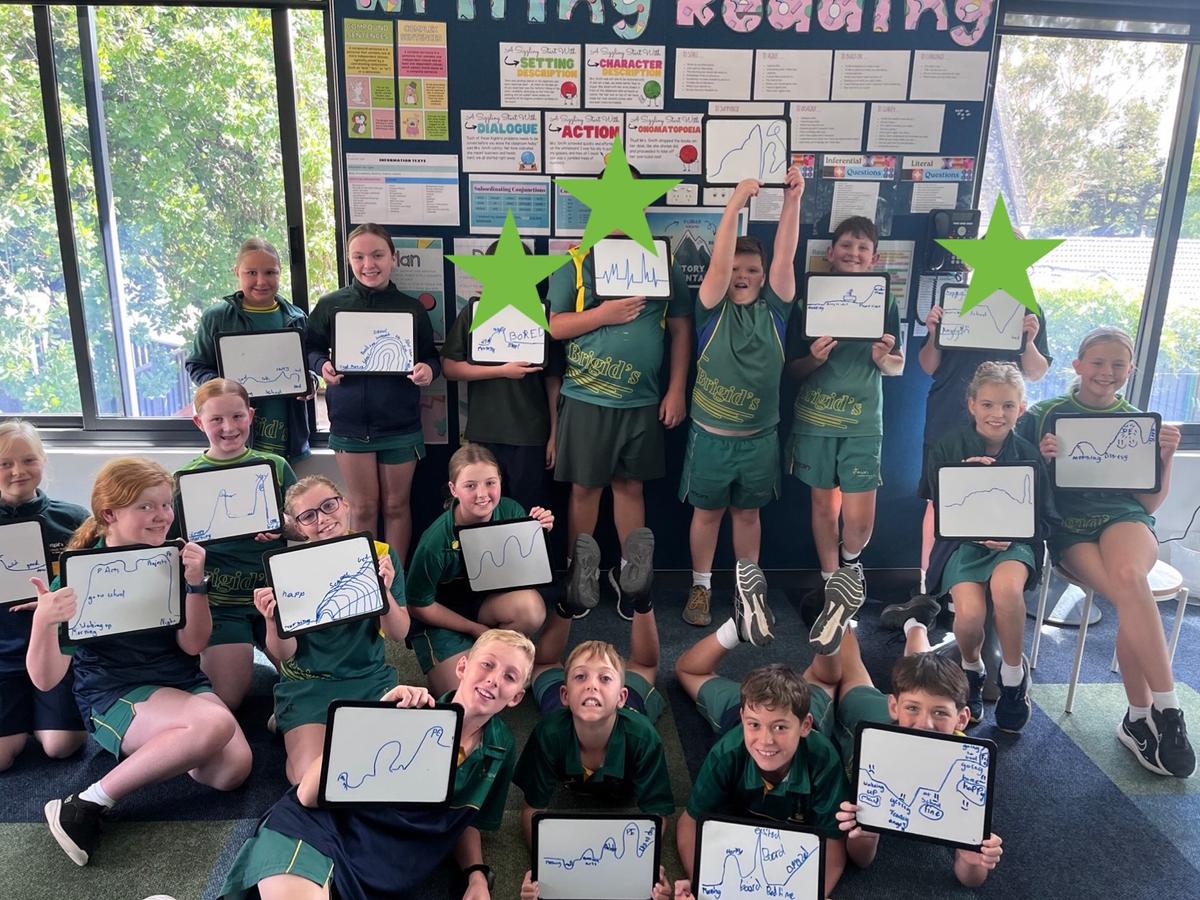



By building these skills, students strengthen their resilience, deepen their relationships, and contribute to a positive and respectful school environment.
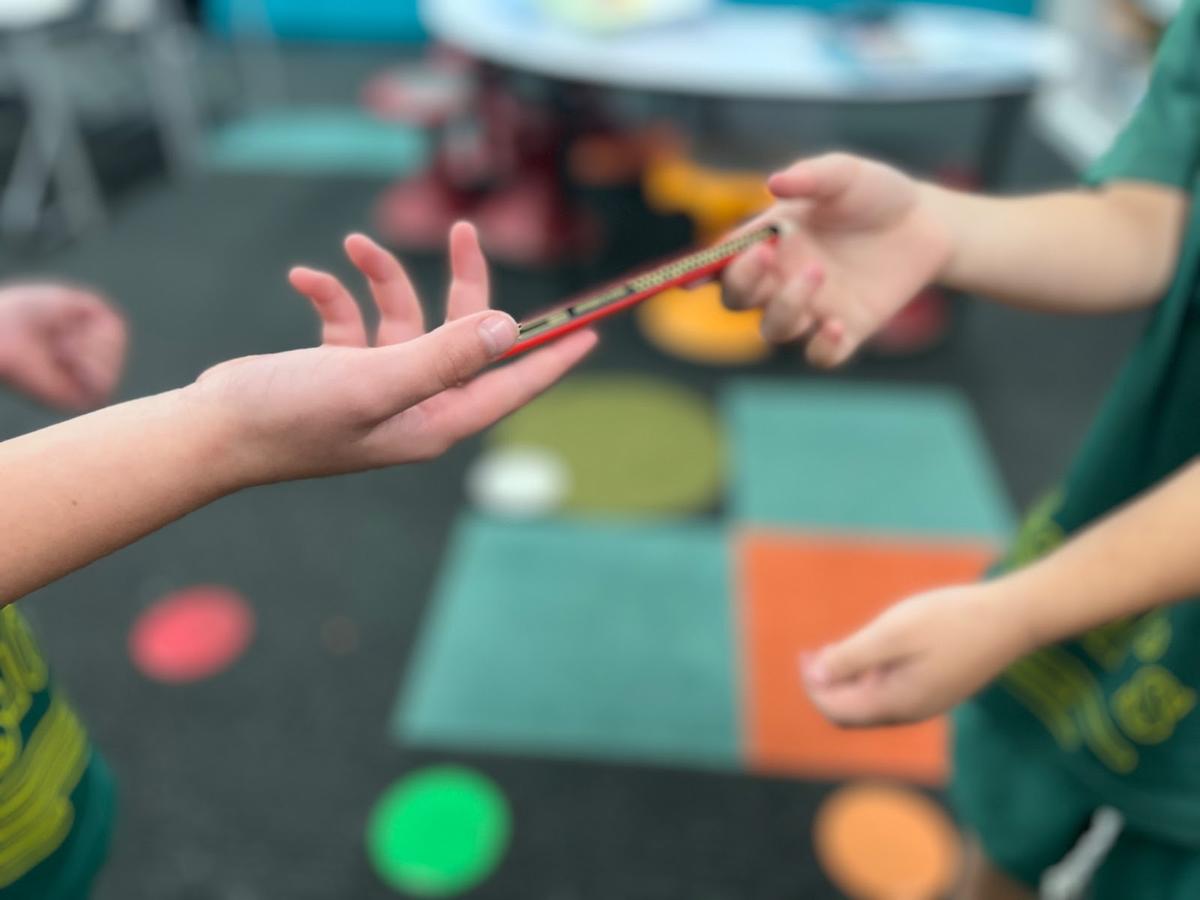

Here you can see our Grade 1/2 students playing ‘The Connections Game’ for a focus on friendly connection.
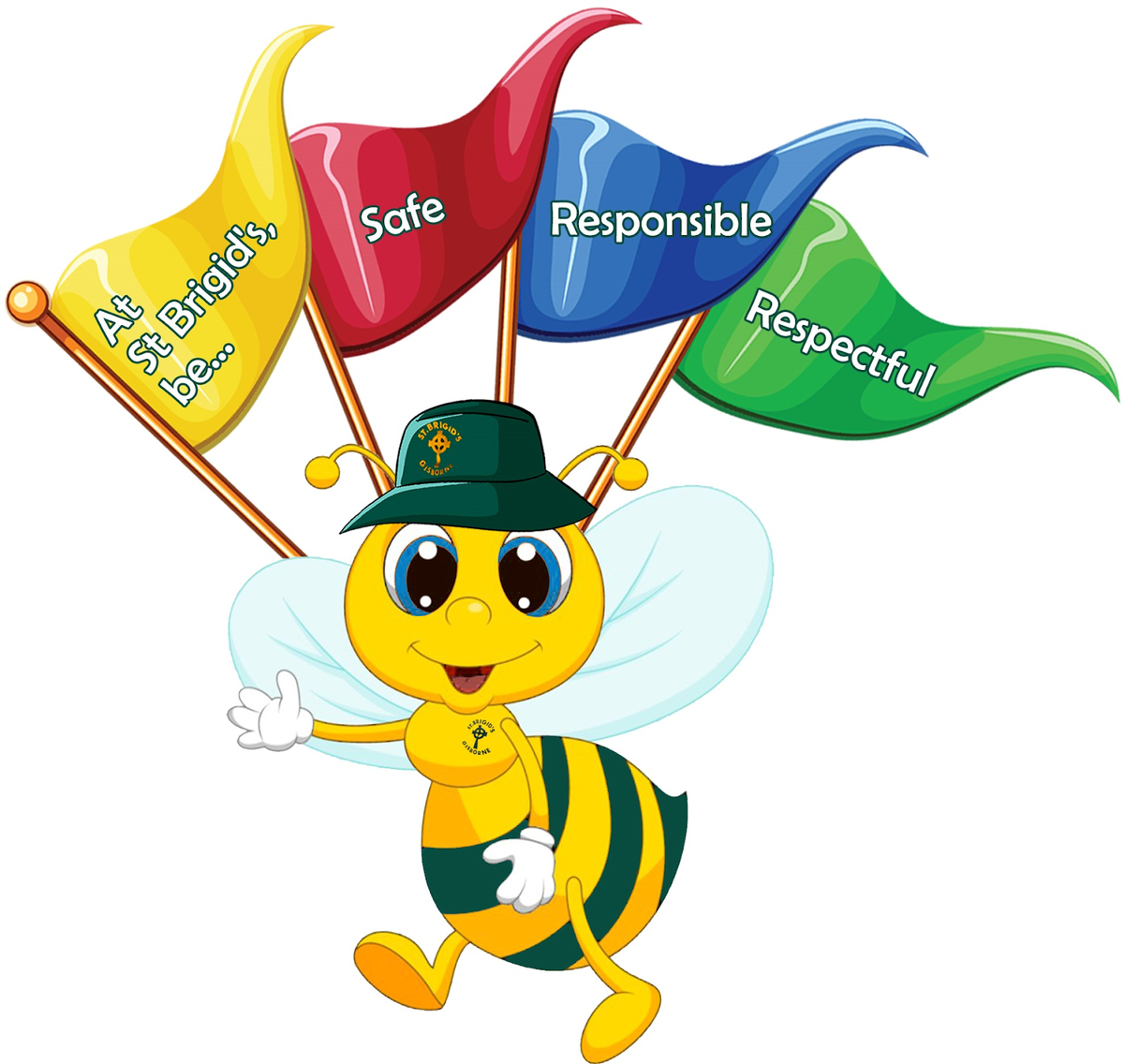

PBL MYTH BUSTERS: The Myth Of The ‘Naughty Board’ 📋
Today we are writing to dispel the myth that PBL tracking is akin to a ‘naughty board’. On the contrary, it is quite the opposite!
Tracking behaviours allows us to provide specific reteaching and/or interventions towards improvement.
PBL is a data driven program. Therefore, what we learn from the data, such as specific trends in behaviour, affects what we do throughout the school in PBL. For example, if the data shows that there is a spike in ‘calling out’, we can implement explicit reteaching around this expectation, and support positive behaviours through pumping out tickets when the target behaviour expectation is followed! 🎫
Tracking this type of data is certainly not placing student names on the ‘naughty board’. The idea of a naughty board sends chills down my spine, reminding me of my own schooling in the early 80s 😱 To use an analogy, if students are finding reading, writing or maths difficult, we implement support to help them succeed through collecting/tracking/analysing data, and providing the most appropriate response. PBL tracking is no different!
When discussing school with your kids at home, please support us by positively promoting PBL tracking. Try to not fall into the trap of comparing this system with behaviour management systems of old - PBL is a system based on explicitly teaching expected behaviours, reinforcing these behaviours with PBL tickets, and reteaching when necessary. A far cry from behaviour systems of old!
If you have any questions regarding behaviour tracking, or any other element of PBL, please reach out to us via email, pbl@sbgisborne.catholic.edu.au
Chek Stevens (PBL Team Member)
PBL Shop
We had many excited preppies visit the PBL shop for the first time. They were eager to exchange their tickets for rewards, and the lucky dips were especially popular! The next PBL shop will be open on Thursday, 27th March, before school and during both playtimes.
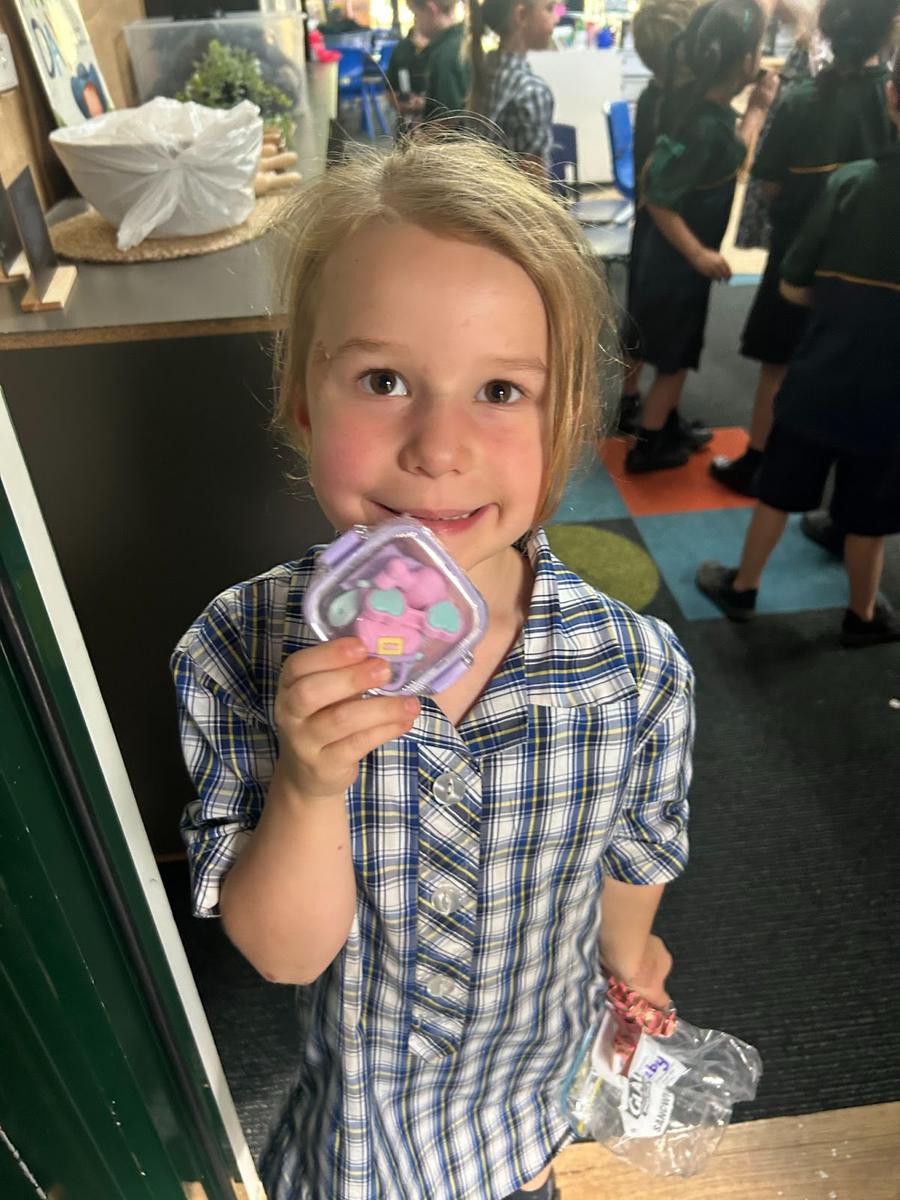
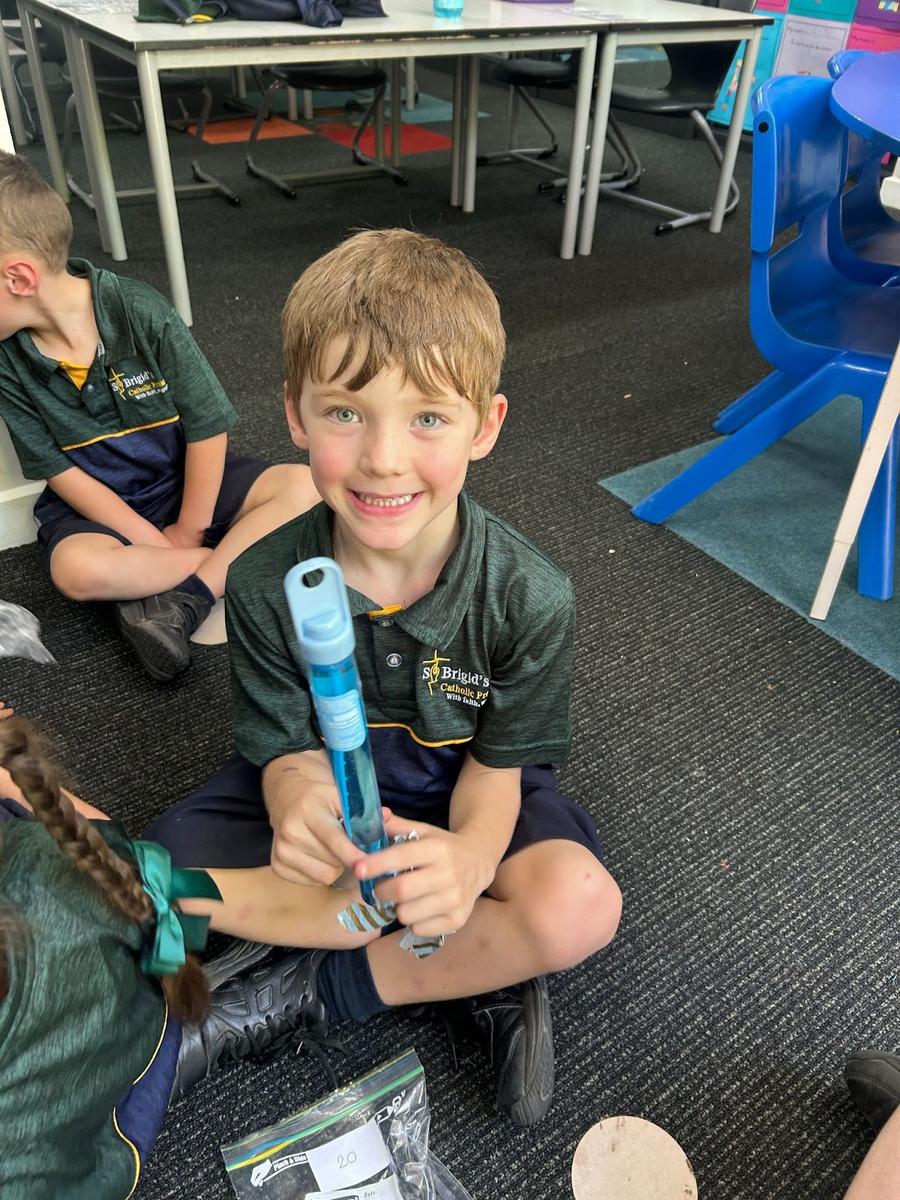
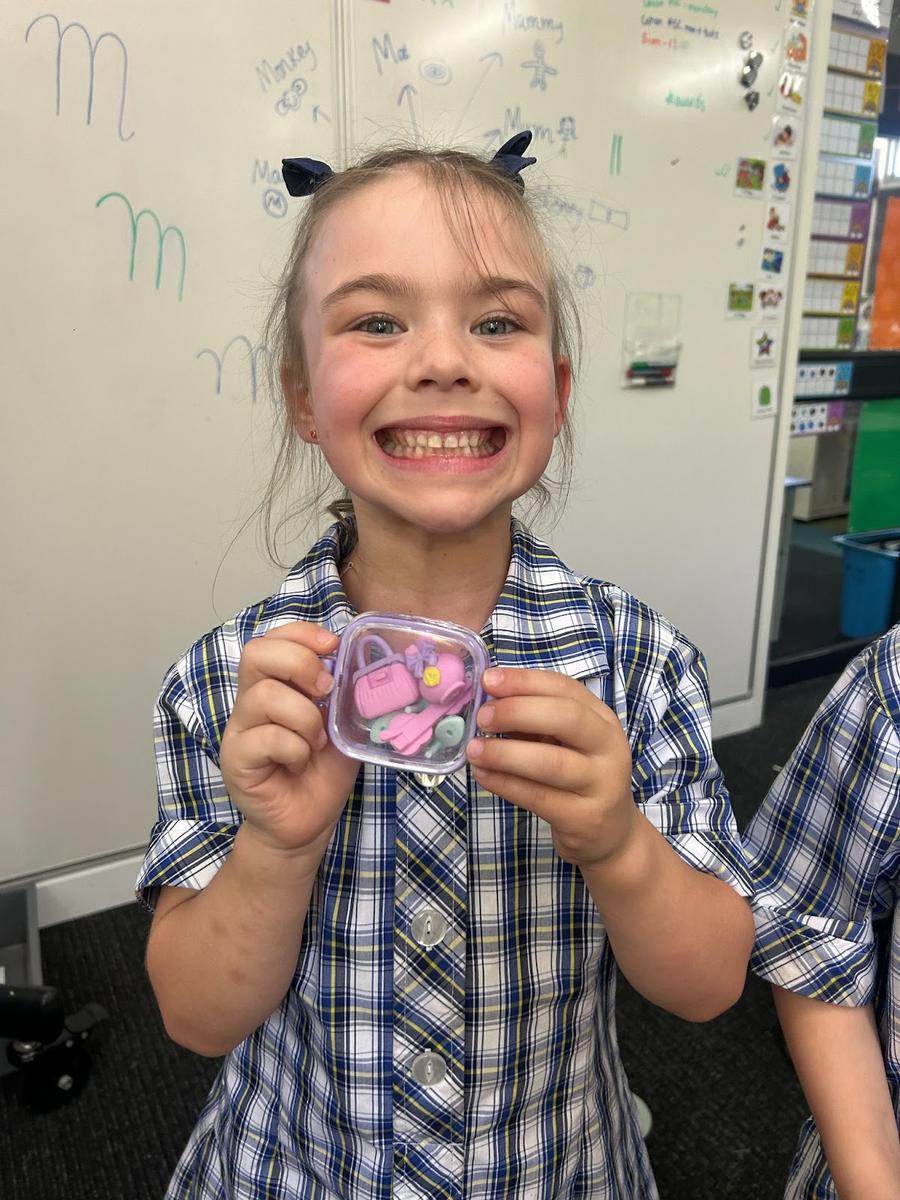
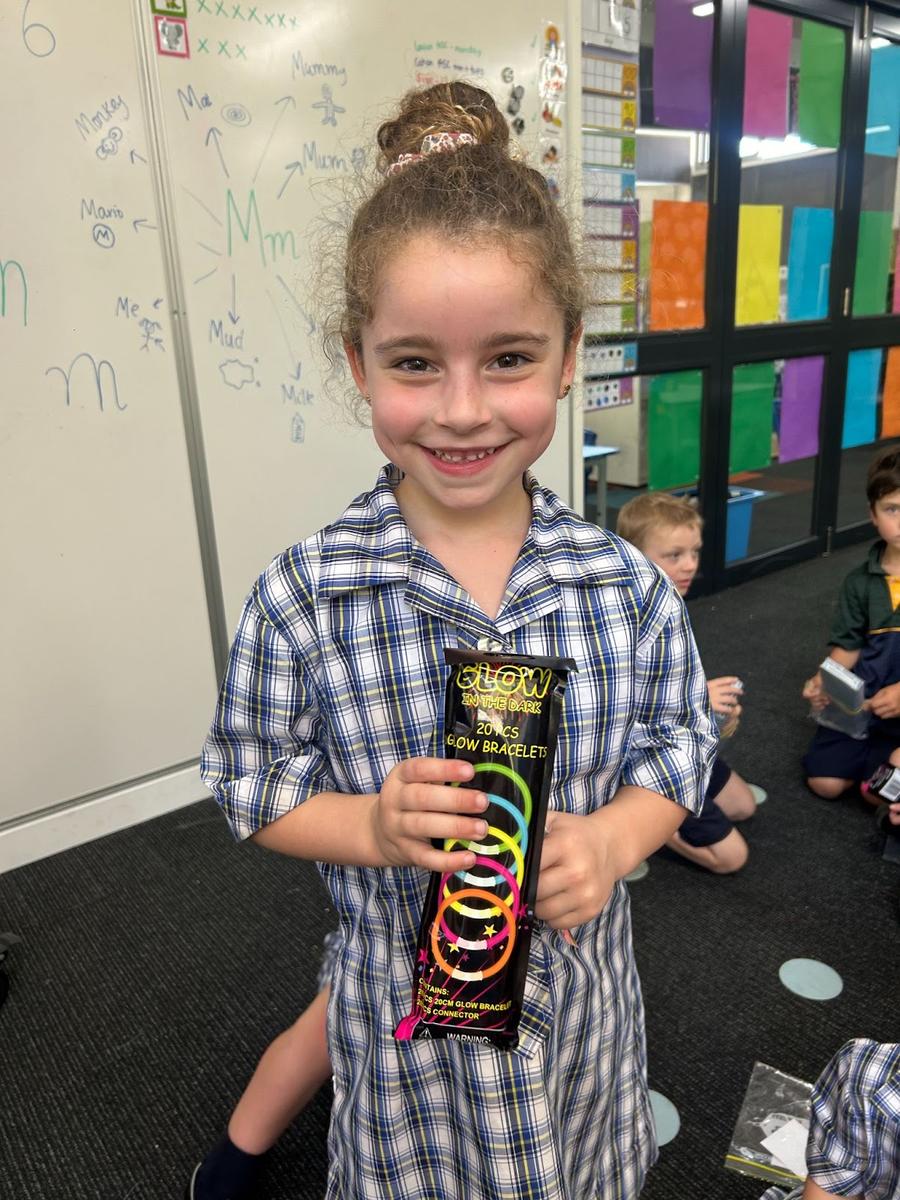




What Is Our Dog Trying to Tell Us? 🐶💬
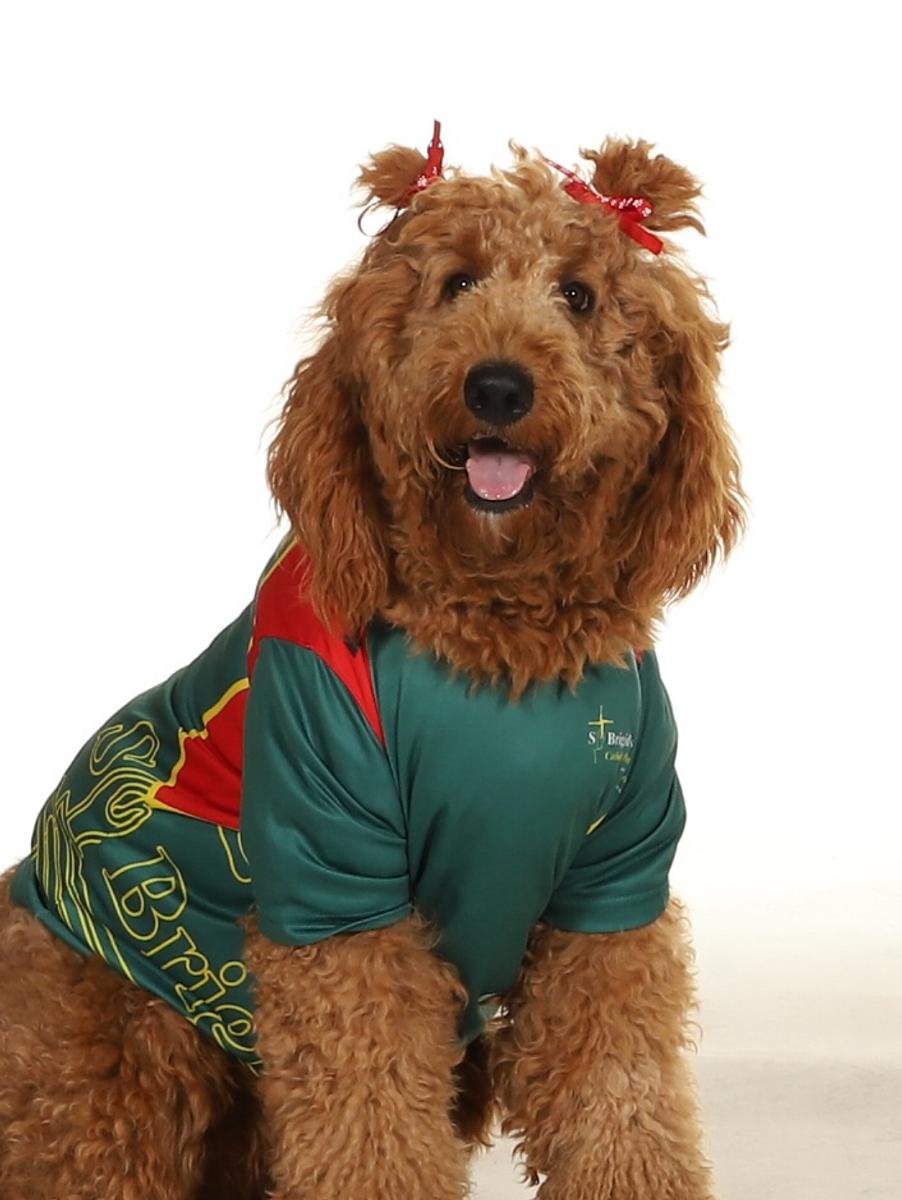

This week, our preps became dog detectives as we ran a special class on dog body language! With the help of our wonderful wellbeing dog, Lulu, we explored how dogs communicate without using words—because let’s face it, if they could talk, they’d probably just ask for more treats!
Students learned to spot the signs of a happy, nervous, or playful pup. They practised reading wagging tails, wiggly bodies, floppy ears, and even ‘I need space’ signals like yawning or looking away.
By the end of the session, our young learners had a whole new appreciation for how dogs ‘speak’ with their bodies. More importantly, they gained valuable skills to help them interact safely and kindly with all dogs—not just our school’s four-legged friend.
Next time your child points out a dog’s ‘calm signals’ or says, “That dog looks a bit worried,” you’ll know why—they’ve been trained in the secret language of dogs! 🕵️♂️🐾
Happy chatting (or tail-wagging)!